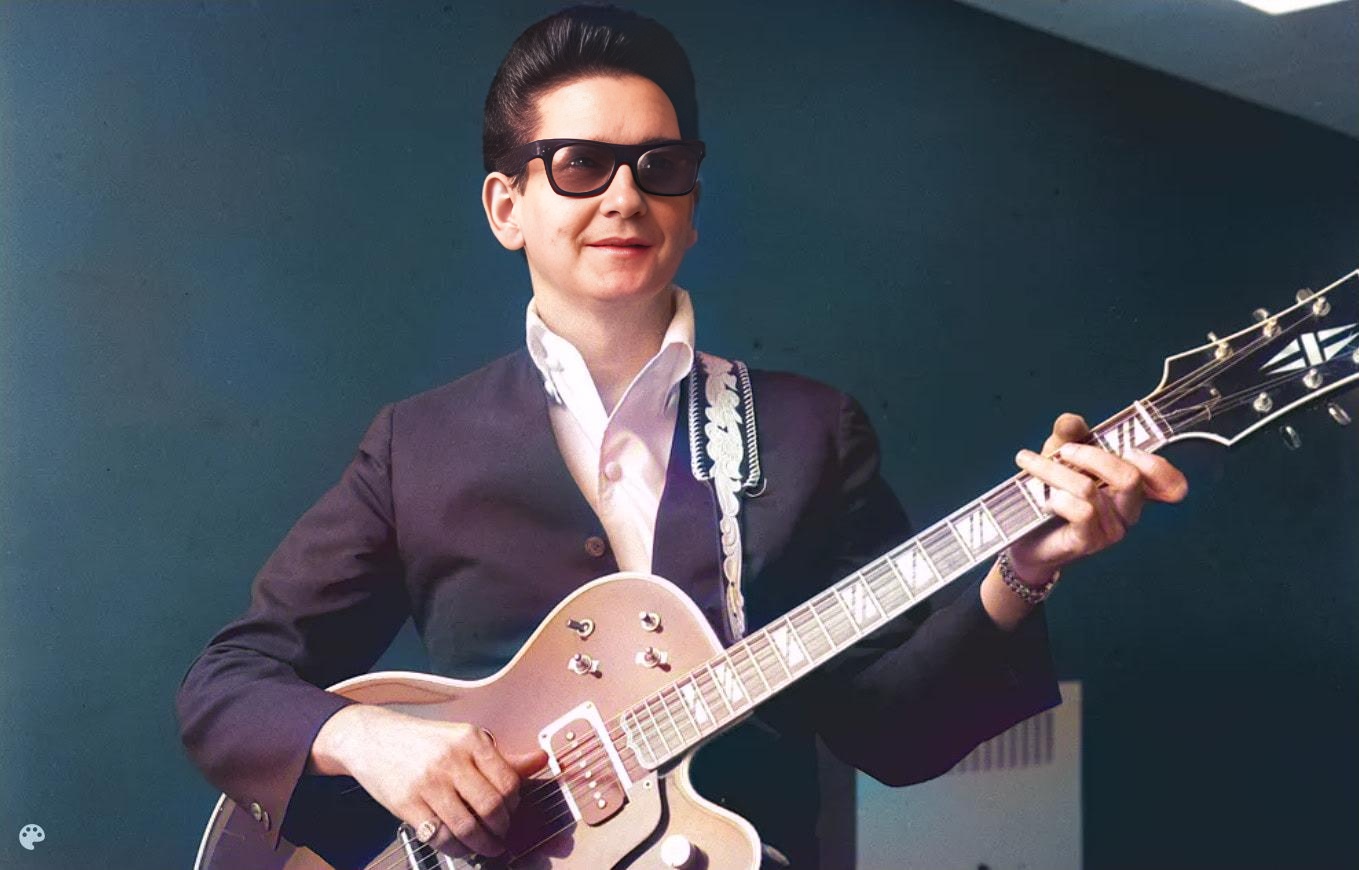
Roy Orbison, a name synonymous with operatic vocals and deeply emotional ballads, is best known for his signature sunglasses and his ability to convey heartbreak and longing through his music. A pioneer of rock and roll and rockabilly, Orbison achieved international fame in the 1960s with hits like “Only the Lonely (Know the Way I Feel)” and “Oh, Pretty Woman,” solidifying his place in music history. He was inducted into the Rock and Roll Hall of Fame in 1987, a testament to his enduring influence and groundbreaking artistry.
“You Got It,” released posthumously in 1989, became a triumphant return for Orbison, climbing the charts and proving his continued relevance to a new generation. While his career had experienced lulls, “You Got It” resurrected his popularity, reaching number nine on the Billboard Hot 100 and number one on the Adult Contemporary chart.
The song itself is a joyful declaration of love and commitment. Unlike many of his earlier melancholic works, “You Got It” celebrates the feeling of finally finding true happiness and security in a relationship. Its lyrics express admiration and appreciation for a partner who brings stability and unwavering support. “Anything you want, you got it” encapsulates the sentiment of unconditional love and a willingness to provide everything needed to maintain the connection.
Audiences embraced the song’s uplifting message and Orbison’s iconic vocals, finding it to be a refreshing and heartwarming addition to his discography. It served as a bittersweet reminder of his immense talent, released after his untimely passing, and cemented his legacy as one of the most influential voices in popular music. The song’s success speaks to the timeless power of love and the enduring appeal of Roy Orbison’s remarkable artistry.